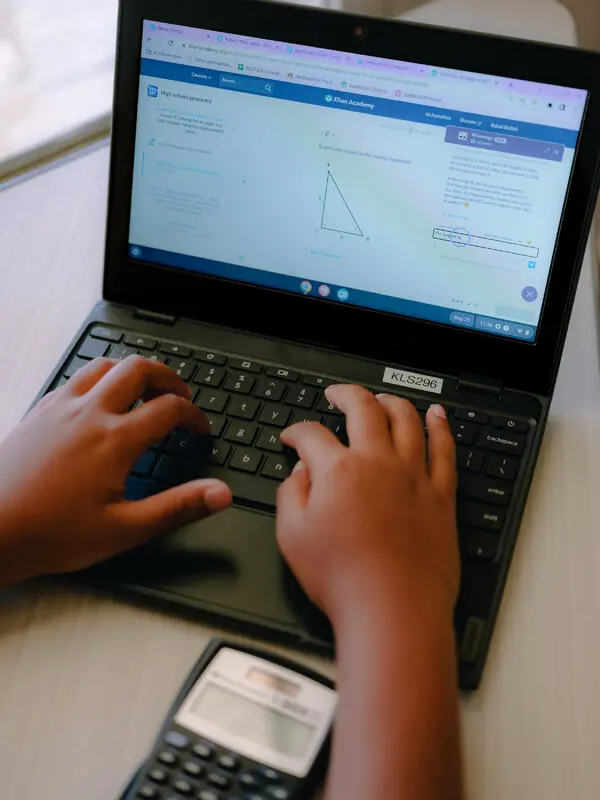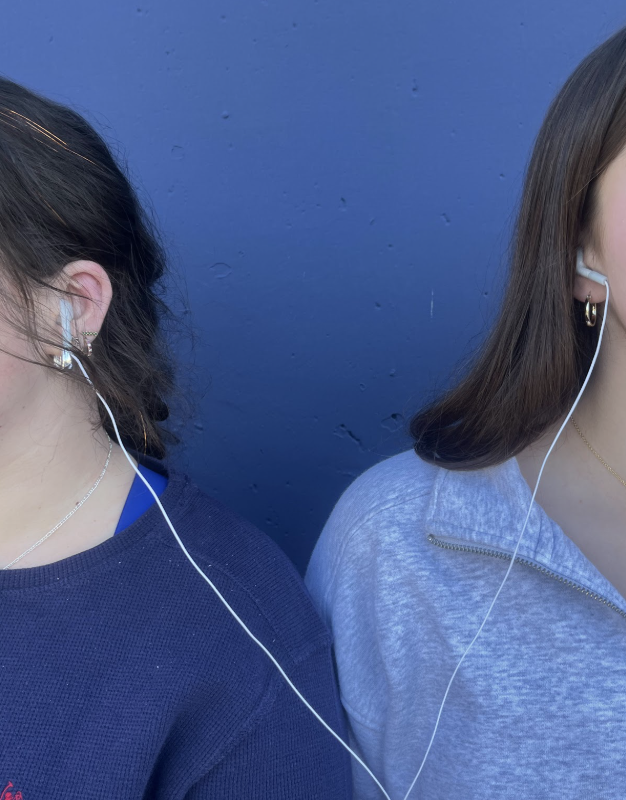Smartphones have become ingrained into human society ever since the first iPhone was released in 2007. The iPhone and other popular smartphones have greatly evolved since then, such as with the additions of the voice assistant Siri, Facetime Video calling, Fingerprint scanners and many more exciting innovations. At this point, they are just mini computers in our pockets. We have access to a vast amount of information just with a few clicks of our fingers. But have we gone too far? Is all of this easy access to information ironically ruining the education of students? Are we addicted?
Smartphones are a great tool for many aspects of academics, like reading online textbooks and students being able to check their grades with the Aeries app. But they can also be a major distraction. There are wide range of ways teachers deal with phones in class. Alex Robins doesn’t have a very strict policy, but if someone continually uses their phone in class without a good reason, he will take off participation points and may take the phone away. Mr. Robins states, “Students won’t be able to be engaged if they’re on their phone the entire class, but, for example if a student asks me a question I don’t know the answer to, I tell them to look it up.” Some teachers aren’t as lenient with their policy. Math teacher Stella Clark has a much stricter policy and will be quick to take your phone away if you don’t put it away the first time she asks. But the urge to look at your phone is sometimes too much to stop. Student Victor Temnikoff asked, “Don’t we all look at in class sometimes?” While the teachers can have some control over the phones in class, it’s much harder to control what students may do outside of class.
Since students now have such easy access to internet resources, they often take advantage of it. Whenever a teacher gives out homework, there is a good chance that they could go online and find the answers and get full credit on their work. Junior Johnathan Ly told me, “Yeah, sometimes I look up answers for math, and maybe some physics, but mostly math.” I’m guilty of this, and I know many others that are guilty as well. And this isn’t only used for homework. If just one student can get a picture of a study guide, quiz or test, it can be sent to anyone and entire classes could get away with cheating, and the school would never know. And even if a teacher knows of this, there isn’t much they can do unless they know the exact people involved.
But there ARE ways to stop this or at least be able to limit this strategy and actually force them to think on their own. Mr. Robins explained how his homework helps create more student based thinking rather than just looking up answers. “If I use discussion questions that were already previously created, then kids will look up the answers, but I create the questions so kids actually have to read and do the work.” This strategy is good because it forces the kids to at least some understanding. But what if the students just get the answers from someone else? Mr. Robins told me, “That is probably true, and that’s why homework isn’t my most important grade. I’m not an idiot, I know kids will do that, but it seems that it would be a waste and time and money to take the class and not really try.” Robins also added “But also, it may be because there is a problem with the system and how demanding it is and they value the grade over the knowledge.”
Phone use in school and just phone addiction in general has become a massive problem for kids today. Victor Temnikoff said, “When I look at the big picture, I probably do use my phone too much, even though I may be using it for good things.” And it isn’t only a problem for kids, but adults as well. Mr. Robins explained “I definitely, 100 percent, use my phone too much. The addiction comes down to how the phones are designed, and the science behind it, the dopamine hits your brain gets every time your phones turn on.”
Ultimately, kids now are definitely on their phones too much, but there are reasons behind it and the systems we have in place actually encourage phone use for school.We can put some of the blame on the addiction. There’s a science behind the addiction, and it’s very concerning. Phones are designed to hook you and make you addicted so you can’t stop looking. In fact, in article on Health.com, by Sarah Karniewicz, she mentions how social media apps like Instagram and Facebook are designed to hook you with the way “likes” are presented by showing them in large bursts instead of one by one. But the kids, including myself, could also try to control our own usage better, so we can’t completely blame it on the phone companies either. Phones have made Students of this generation become intellectually lazy. Teachers at all levels of education have to find a way to spark a fire in the minds of students so they value the learning in school more than the grade. And this needs to happen quickly, or an entire generation will be set up for future failure.





























































NoobMaster69 • Jun 3, 2019 at 1:54 pm
🙂
KingKaiFist • Jun 3, 2019 at 1:53 pm
😀
Teagen Leonhart • Dec 11, 2018 at 11:47 am
Great article, Max. You worked hard on it and it brings up an issue we all deal with every day–good work! 🙂